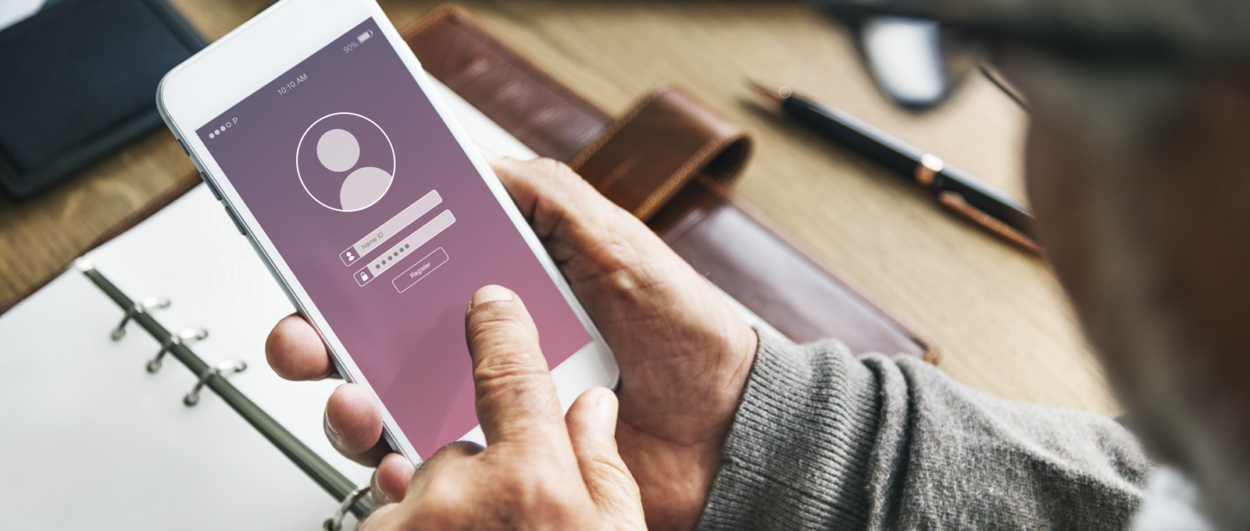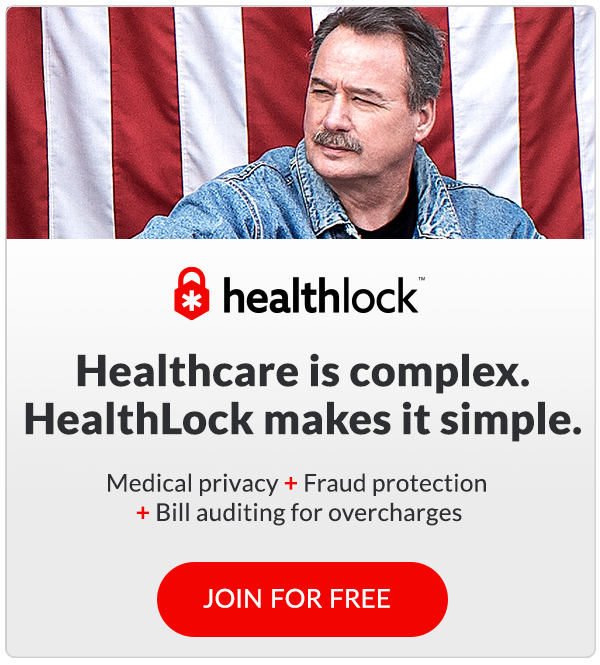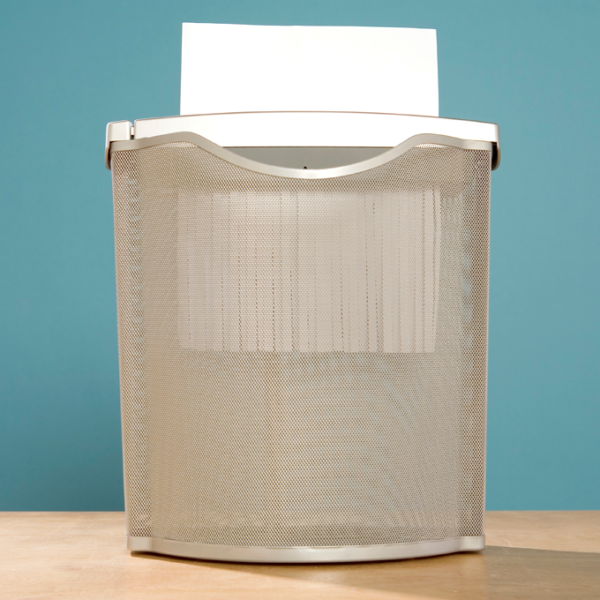HealthLock was designed with your medical privacy and security in mind. Our proprietary AI technology helps us monitor your medical bills for fraud and identity theft, but the best defense is to stop fraud before it happens. There are also several steps you can take to make sure your medical records are secure, which brings us to the fifth entry in our Protecting Your Privacy series: the power of a password.
In previous articles, we’ve discussed the importance of regularly disposing of your physical documents: the bills, the statements, the prescriptions. But there is often an entirely different kind of documentation at stake: the digital kind. You can’t really destroy these, as they tend to live on hard drives or on the networks of your health insurer or healthcare practitioner.
What you can do, however, is make sure you have a strong password.
Why do thieves want my password?

Your digital data is a gold mine for thieves. Your health insurer and healthcare provider(s), including your pharmacy, likely have some or all of the following information saved on their platforms:
- Your name and address
- Your health insurance membership number
- Your primary care physician
- Your medical history
- Any prescriptions you have, along with refill information
- Your payment information, including a bank account and/or credit card
- The primary email address you use to access this platform
Getting access to just two or three of the above can give a thief everything they need to steal your medical identity. Once they have this data, they can make and pay for appointments and prescriptions using your healthcare information.
What should I avoid when creating a password?
When building a password that will deter thieves, there are a few things to make sure you don’t include:
- Personal information like your name, birthday, or those of your spouse and children
- Favorite song lyrics or phrases that have meaning to you
- Words or phrases referencing pets, past residences, or your job
Getting access to just two or three of the above can give a thief everything they need to steal your medical identity. Once they have this data, they can make and pay for appointments and prescriptions using your healthcare information.
How can I build a stronger password?
We recommend trying the following when building a new password:
- Make it as long as possible
- Use random symbols and numbers
- Try not to use real words
Most modern browsers can create a long, secure password for you when prompted. You’ll need to either remember this password or keep it in a safe space (that is, in a secure place in your home—don’t bring it somewhere you can lose it).
How else can I protect my digital information?

A strong password that’s hard to guess provides an excellent layer of protection for your sensitive medical data. And because so much of our healthcare information is now and will continue to be available online, you’ll need to make sure you use different passwords for all of your medical accounts. Don’t give medical identity thieves any freebies—if you’re using the same password for several accounts, you’re all but inviting them to take your data.
Your password is something you have direct control over. But medical fraud and identity theft can still occur through other means, and that’s why we created HealthLock. We review every single medical bill and Explanation of Benefits you receive to make sure there aren’t signs of fraud.
Your sensitive digital information is encrypted and kept safe with the same kind of technology banks use to protect their customers and investments. Only HealthLock employees can see your data, and if we spot suspicious activity, we’ll inform you—and we can help you recover from any damages.
Protecting your medical privacy requires you to maintain several types of defenses against a variety of thieves. The team at HealthLock is ready to help.





